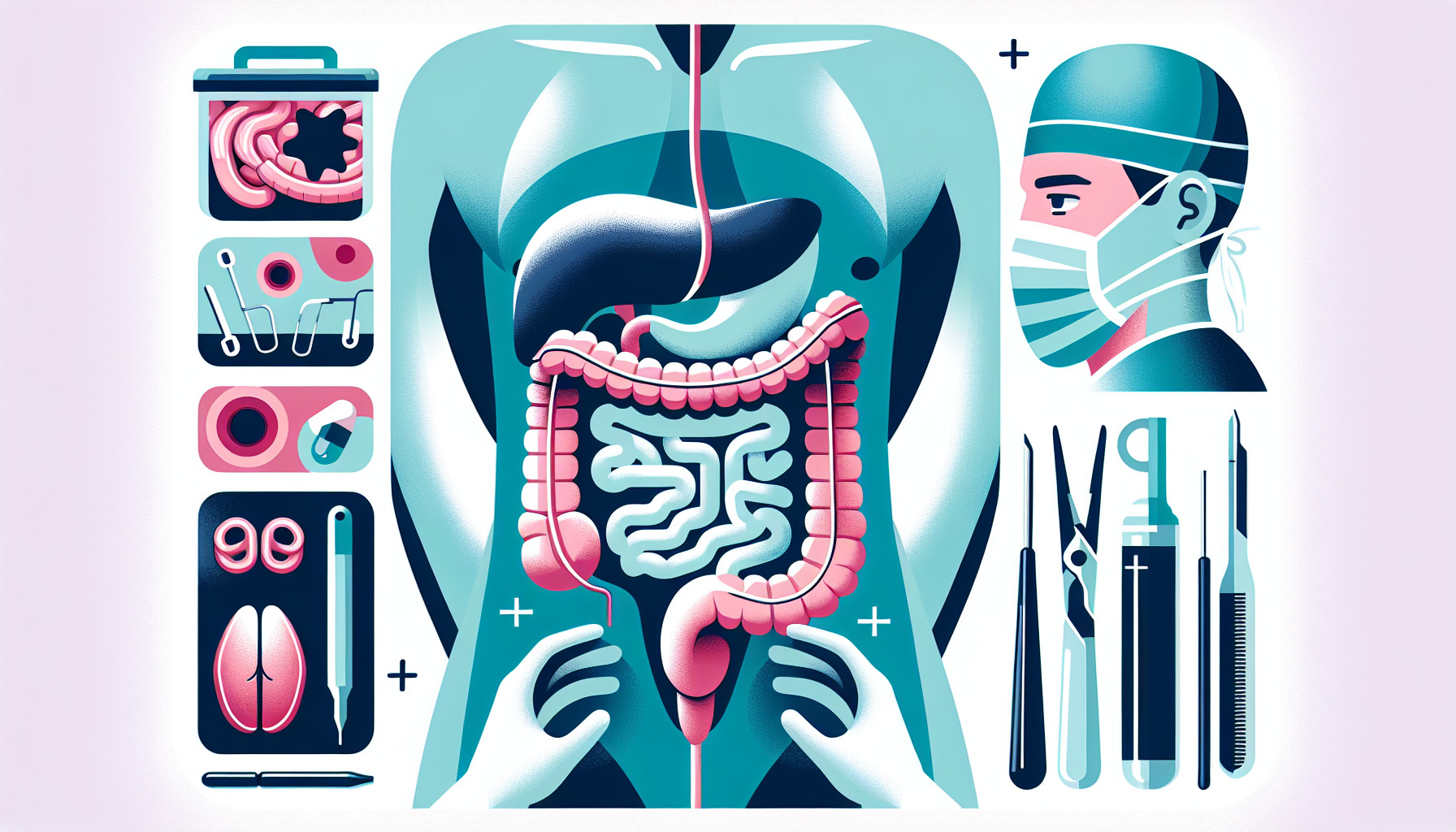Our Summary
This research paper reviews studies on intestinal transplantation, a treatment used when the intestines fail and cannot be supported using other methods. One major issue with this treatment is chronic rejection, which means the body’s immune system attacks the transplanted organ, causing it to fail. However, the exact reasons for this are not fully understood. The authors looked at 68 studies to understand how chronic rejection happens and to find potential strategies to prevent or treat it. They found that the quality of these studies was not great and the methods used varied a lot. Many of the studies looked at the role of the immune system in chronic rejection. However, there are currently no successful prevention or treatment strategies for chronic rejection in human intestinal transplants. The authors suggest that future studies should aim to improve their methods and explore new approaches.
FAQs
- What is chronic rejection in the context of intestinal transplantation?
- What were the main findings from the review of 68 studies on intestinal transplantation?
- Are there currently any successful prevention or treatment strategies for chronic rejection in human intestinal transplants?
Doctor’s Tip
A doctor might advise a patient undergoing an intestinal transplant to closely follow their prescribed medication regimen to help prevent chronic rejection. It is also important for the patient to maintain a healthy lifestyle, including a balanced diet and regular exercise, to support the success of the transplant. Additionally, the patient should regularly follow up with their healthcare team for monitoring and adjustments to their treatment plan as needed.
Suitable For
Patients who are typically recommended for intestinal transplant are those who have irreversible intestinal failure, such as those with short bowel syndrome, severe motility disorders, or severe inflammatory bowel disease. These patients are unable to absorb enough nutrients and fluids through their intestines, leading to malnutrition, dehydration, and other complications. Intestinal transplantation may be considered when other treatments, such as parenteral nutrition or bowel lengthening procedures, are no longer effective or feasible. Additionally, patients must have a good overall health status and be able to comply with the rigorous post-transplant care regimen.
Timeline
Before Intestinal Transplant:
- Patient experiences intestinal failure, which can be caused by a variety of conditions such as short bowel syndrome, motility disorders, or chronic intestinal pseudo-obstruction.
- Patient undergoes extensive medical evaluations to determine if they are a suitable candidate for intestinal transplant, including physical exams, blood tests, imaging studies, and psychological evaluations.
- Patient is placed on the waiting list for a suitable donor intestine, which can take months or even years to find a match.
- Patient may require parenteral nutrition or other forms of artificial nutrition to support them while they wait for a transplant.
- Patient undergoes the intestinal transplant surgery, which can be a complex and lengthy procedure.
After Intestinal Transplant:
- Patient is closely monitored in the intensive care unit immediately after surgery to ensure the transplanted intestine is functioning properly.
- Patient may experience complications such as infection, rejection, or graft-versus-host disease in the weeks and months following the transplant.
- Patient undergoes regular follow-up appointments with their transplant team to monitor their progress and adjust their medications as needed.
- Patient may need to make lifestyle changes, such as following a strict medication regimen, avoiding certain foods, and maintaining a healthy diet and exercise routine.
- Patient may experience long-term complications such as chronic rejection, which can lead to graft failure and the need for re-transplantation.
- Patient may need ongoing medical treatment and support to manage the long-term effects of intestinal transplantation and maintain their quality of life.
What to Ask Your Doctor
- What are the potential risks and complications associated with intestinal transplant surgery?
- How long is the recovery process after an intestinal transplant?
- What medications will I need to take after the transplant, and what are the potential side effects?
- How often will I need to follow up with my transplant team post-surgery?
- What dietary and lifestyle changes will I need to make after an intestinal transplant?
- What signs or symptoms should I watch out for that may indicate rejection or complications?
- Are there any experimental or new treatments being researched for preventing or treating chronic rejection in intestinal transplants?
- How successful have intestinal transplants been in the past, and what is the long-term outlook for patients who undergo this procedure?
- Are there any support groups or resources available for patients who have undergone an intestinal transplant?
- What can I do to improve my chances of a successful outcome after an intestinal transplant?
Reference
Authors: Kitamura K, Buchholz BM, Abu-Elmagd K, Kalff JC, Schäfer N, von Websky MW. Journal: Transplant Rev (Orlando). 2019 Jul;33(3):173-181. doi: 10.1016/j.trre.2019.04.001. Epub 2019 Apr 11. PMID: 31060880
